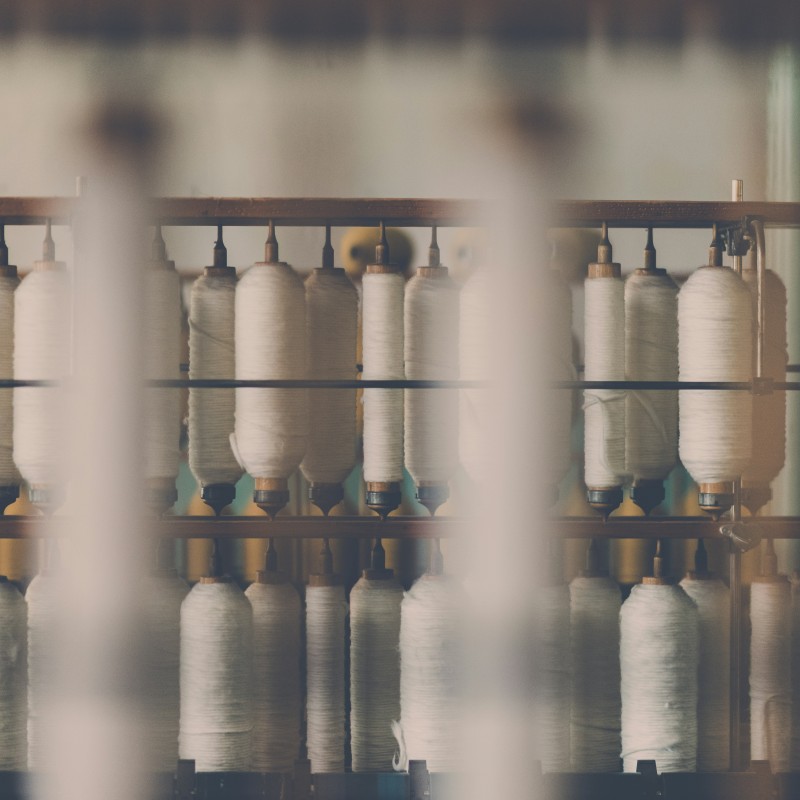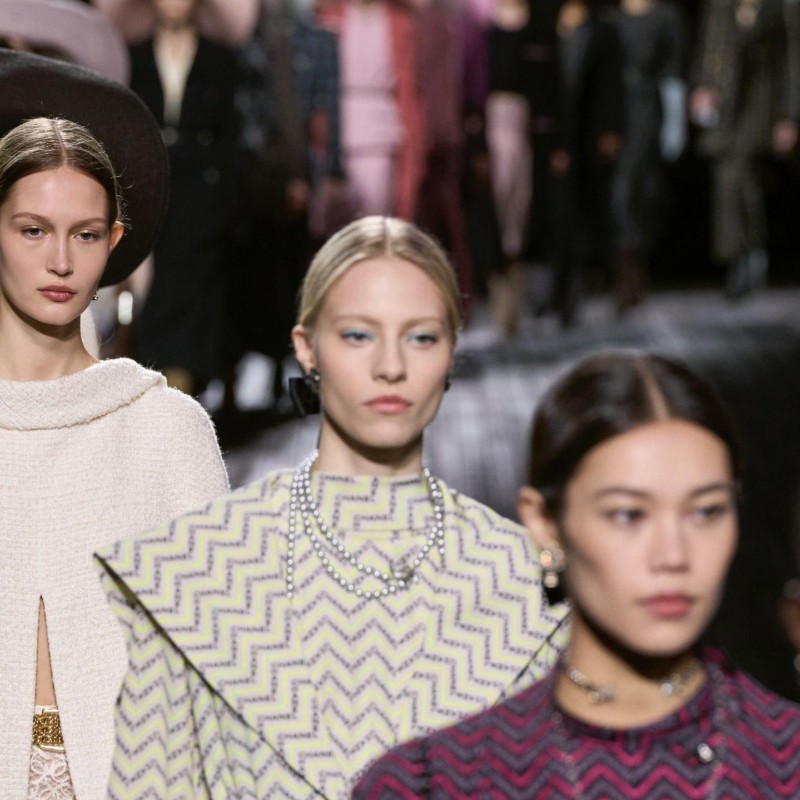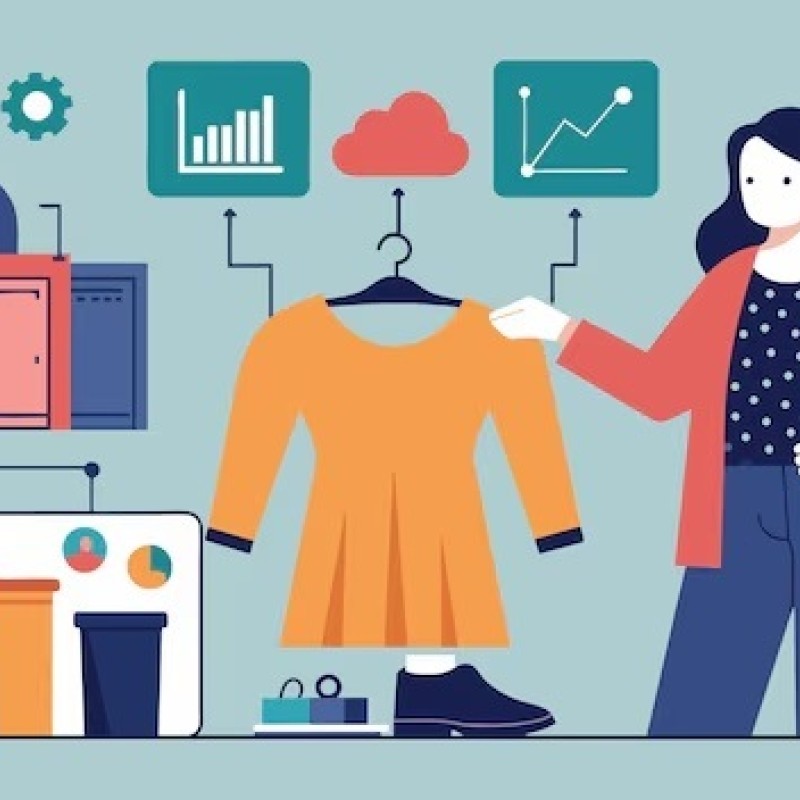In the digital era, fashion has undergone a transformative evolution driven by the pervasive influence of social media. Thanks to platforms like Instagram, TikTok, and Pinterest, the dynamic landscape of fashion is now more interconnected than ever. Social media and the fashion industry go hand in hand, introducing innovations that generate as much excitement as controversy. Let’s explore the pros and cons of social media in the fashion industry!
Social media has become an indispensable tool for fashion designers, brands, and consumers. It serves as a platform for showcasing new collections, sharing insights, and connecting with a global audience while allowing more precise targeting than ever before. The immediate reach and interactive nature of social media within the fashion industry have made it a game-changer in how fashion is marketed and consumed.
One of the most significant innovations that social media has introduced to the fashion industry is influencer marketing. Influencers, with their large followings, collaborate with fashion brands to promote products, often blurring the lines between organic content and advertisements. This strategy has proven especially effective in reaching younger demographics who trust peer recommendations more than traditional advertising. The viralization of social media trends is a good example of that: A particular style or article of clothing can achieve viral status within hours, disseminating across the globe almost instantaneously.
Social media platforms allow fashion brands to engage directly with their consumers. This engagement is not limited to marketing but extends to real-time feedback and customer service. Brands can quickly gauge consumer reaction to new products and adjust accordingly.
Social media has catalyzed several innovations within the fashion industry. From augmented reality (AR) in online shopping to virtual fashion shows, the integration of technology and fashion is more prominent than ever.
Augmented reality has revolutionized online shopping by allowing customers to try on clothes virtually before making a purchase. This innovation has enhanced the shopping experience and significantly reduced return rates, saving businesses money and improving customer satisfaction.
During the COVID-19 pandemic, fashion shows transitioned to virtual formats, enabling global participation without geographical constraints. Platforms such as Instagram Live and YouTube bolstered these virtual events, making them accessible to a wider audience and providing brands with cost-effective alternatives to traditional runway shows.
While social media has undoubtedly revolutionized fashion, it’s essential to consider both its benefits and disadvantages.
As awareness of environmental issues grows, the demand for sustainable practices in the fashion industry increases. Social media platforms are powerful tools for educating consumers and promoting sustainable fashion brands. Influencers are also using their platforms to advocate for ethical fashion, encouraging followers to make more conscious purchasing decisions and shaping the future of the industry to set higher environmental standards.
The future of fashion on social media will also likely place a greater emphasis on personalization. Artificial intelligence and machine learning algorithms can analyze user data to curate personalized shopping experiences, recommending products tailored to individual tastes and preferences.
Finally, as social media platforms continue to evolve, integrated e-commerce features are becoming more common, allowing users to buy items directly from their social media feeds. This seamless shopping experience bridges the gap between discovery and purchase, further solidifying social media’s role in the fashion industry.





Beyond Talent
Fashion Recruitment Agency
Specialising in Senior and Executive recruitment for the luxury fashion, lifestyle and beauty industries worldwide.
Head Office Address
20-22 Wenlock Road, London, N1 7GU
Contact Us